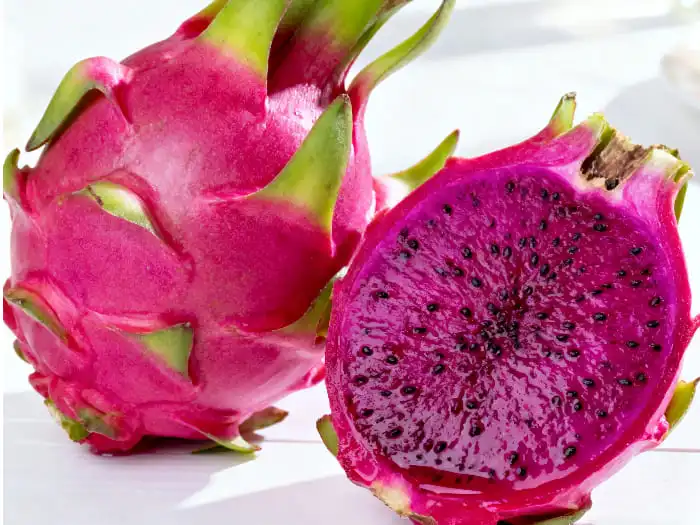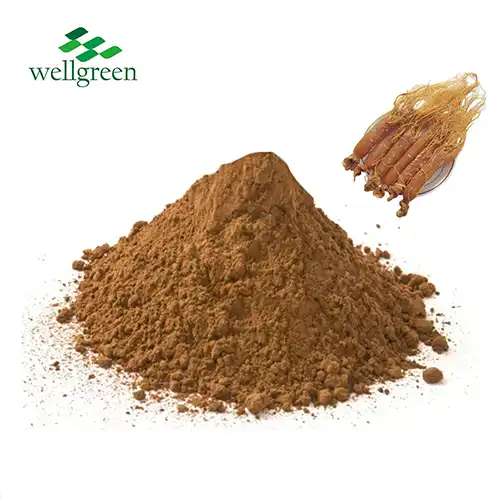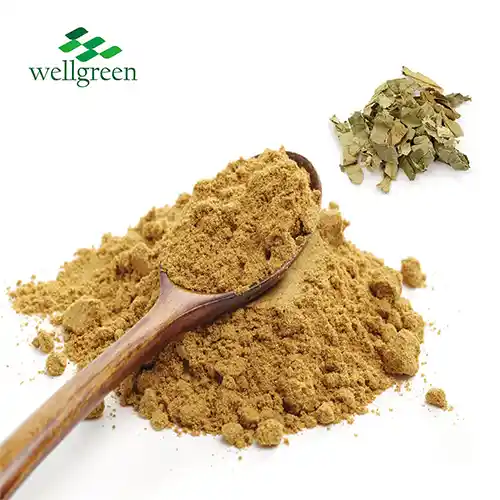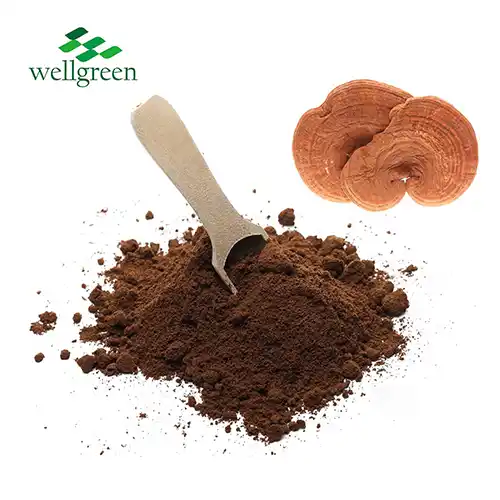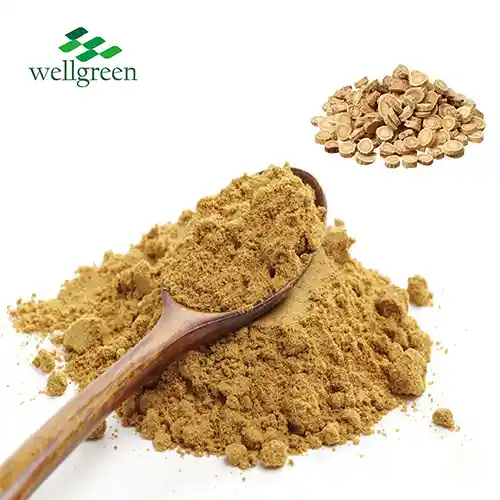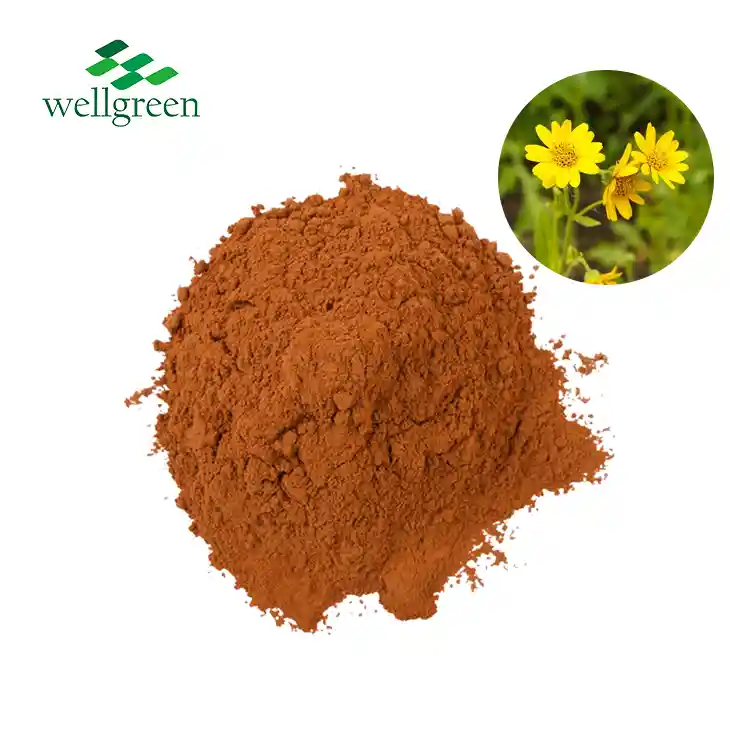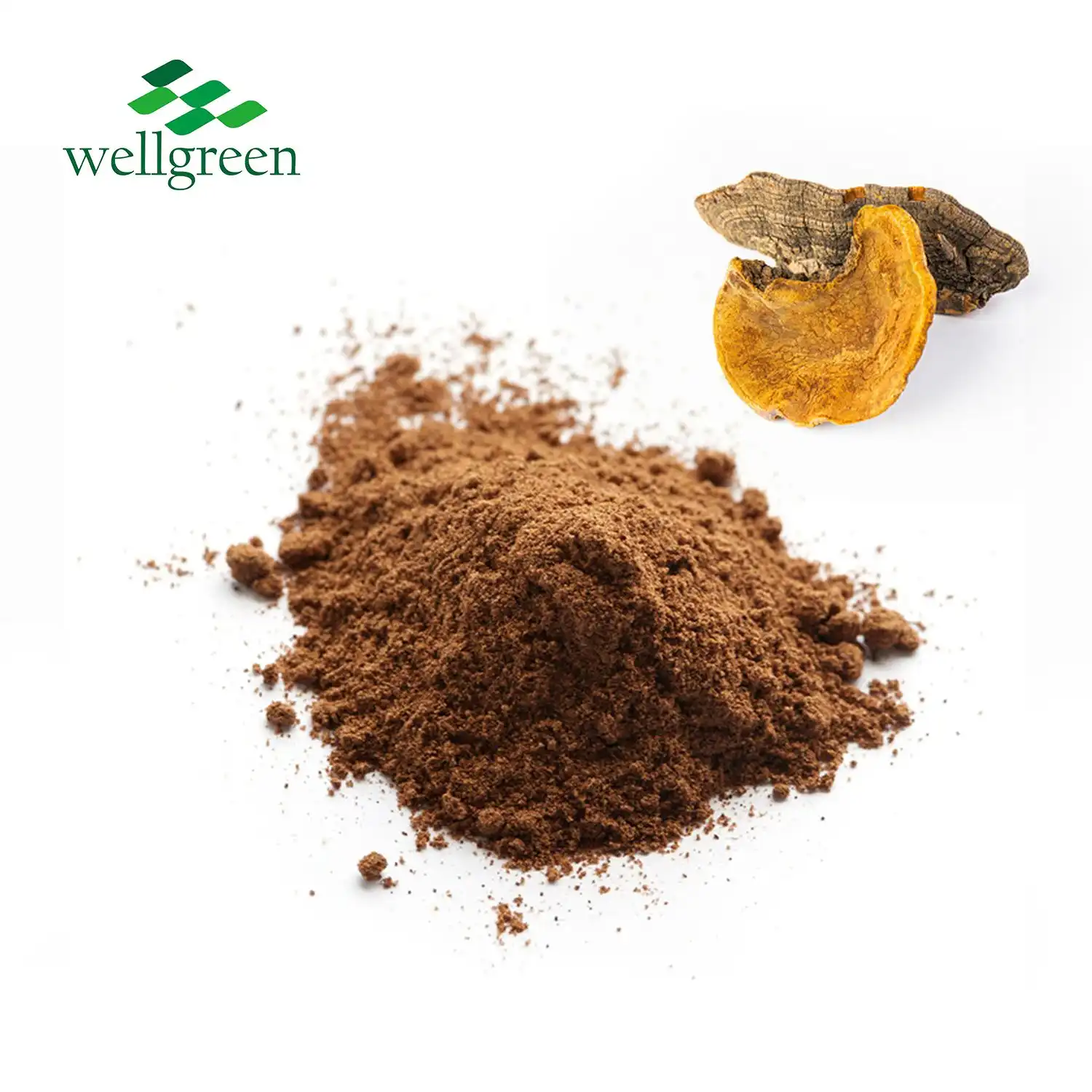What Are the Side Effects of Pitaya Powder?
2025-11-17 14:16:01
Pitaya powder, derived from the vibrant dragon fruit, is generally considered safe for most people when consumed in moderate amounts. However, like any dietary supplement, it may cause side effects in some individuals. The most common side effects of pitaya powder include mild digestive discomfort, such as bloating or gas, especially when consumed in large quantities. Some people may experience allergic reactions, though these are rare. It's important to note that pitaya powder is a concentrated form of the fruit, so moderation is key. While it offers numerous health benefits, excessive consumption may lead to unwanted effects. Always consult with a healthcare professional before adding any new supplement to your diet, particularly if you have pre-existing health conditions or are taking medications.
Can Pitaya Powder Cause Allergic Reactions
Understanding Pitaya Allergies
While allergic reactions to pitaya powder are relatively uncommon, they can occur in some individuals. Pitaya, also known as dragon fruit, belongs to the cactus family, and people with known allergies to other fruits or plants in this family may be more susceptible to reactions. The allergenic proteins in pitaya can trigger an immune response in sensitive individuals, leading to various symptoms.
Symptoms of Pitaya Powder Allergies
Allergic reactions to pitaya fruit powder can manifest in several ways. Mild symptoms may include itching or tingling in the mouth, lips, or throat. More severe reactions might involve hives, swelling of the face or tongue, difficulty breathing, or anaphylaxis in extreme cases. It's crucial to be aware of these potential symptoms and seek immediate medical attention if you experience any signs of an allergic reaction after consuming pitaya fruit powder or pure pitaya fruit powder.
Cross-Reactivity with Other Fruits
Individuals allergic to pitaya may also experience cross-reactivity with other fruits, particularly those in the Cactaceae family. This phenomenon occurs due to similar proteins present in related plants. If you have known allergies to kiwi, banana, or latex, you might be at a higher risk of developing an allergy to pitaya powder. It's advisable to exercise caution and consult an allergist before incorporating pink pitaya powder or any pitaya fruit powder into your diet if you have a history of fruit allergies.
Digestive Concerns and Overconsumption Risks
Gastrointestinal Effects of Pitaya Powder
While pitaya powder is generally well-tolerated, some individuals may experience digestive discomfort when consuming it, especially in large quantities. The high fiber content in pitaya fruit powder can lead to bloating, gas, or mild abdominal pain in sensitive individuals or those not accustomed to a high-fiber diet. These effects are typically temporary and subside as the body adjusts to the increased fiber intake. However, if symptoms persist or worsen, it's advisable to reduce consumption or consult a healthcare provider.
Potential Blood Sugar Impact
Pitaya powder contains natural sugars, and while it has a relatively low glycemic index, overconsumption may affect blood sugar levels. This is particularly important for individuals with diabetes or those monitoring their carbohydrate intake. The concentrated nature of pure pitaya powder means that it's easy to consume more sugar than one would from eating the whole fruit. Moderation is key, and those with blood sugar concerns should consult their healthcare provider about incorporating pitaya powder into their diet.
Overconsumption and Nutrient Imbalances
While pitaya powder is rich in various nutrients, excessive consumption can lead to potential imbalances. For instance, the high vitamin C content in pink pitaya powder could potentially interfere with the absorption of copper and other minerals if consumed in very large amounts. Additionally, the oxalate content in pitaya may be a concern for individuals prone to kidney stones. It's important to remember that a balanced diet is crucial, and relying too heavily on any single food or supplement, including pitaya powder, can potentially lead to nutritional imbalances.
Safety Assessment of Pitaya Powder in Nutritional Products
Quality Control and Manufacturing Standards
The safety of pitaya powder largely depends on the quality control measures and manufacturing standards employed in its production. Reputable manufacturers adhere to strict guidelines to ensure the purity and safety of their pitaya fruit powder. This includes sourcing high-quality dragon fruits, implementing proper drying and powdering techniques, and conducting regular testing for contaminants. Consumers should look for products that have been certified by recognized food safety organizations and undergo third-party testing to ensure the highest quality and safety standards.
Interaction with Medications and Supplements
Long-term Safety and Research
Research on the long-term safety of pitaya powder consumption is still limited. While short-term use appears to be safe for most individuals, more studies are needed to fully understand the effects of prolonged, regular consumption of concentrated pitaya powder. Current research largely focuses on the potential health benefits of pitaya, such as its antioxidant properties and potential impact on blood sugar levels. However, as with any dietary supplement, it's important to approach long-term use with caution and under the guidance of a healthcare professional, especially for individuals with pre-existing health conditions or those taking medications.
Conclusion
Pitaya powder, derived from the nutrient-rich dragon fruit, offers numerous potential health benefits when consumed as part of a balanced diet. While it's generally safe for most individuals, it's important to be aware of possible side effects, particularly for those with allergies or sensitive digestive systems. Moderation is key, as overconsumption may lead to digestive discomfort or potential nutrient imbalances. As with any dietary supplement, it's advisable to consult with a healthcare professional before incorporating pitaya powder into your routine, especially if you have pre-existing health conditions or are taking medications.
Contact Us
If you're interested in high-quality pitaya powder for your products, contact Wellgreen Technology, a leading manufacturer and supplier of plant extract powders. For more information about our pure pitaya powder and other natural organic powders, email us at wgt@allwellcn.com. Our GMP-certified factory ensures top-quality pitaya fruit powder for all your nutritional product needs.
References
1. Johnson, L. K., & Smith, R. T. (2021). Nutritional profile and potential health benefits of pitaya (dragon fruit). Journal of Functional Foods, 78, 104339.
2. Garcia-Cruz, L., Valle-Guadarrama, S., Salinas-Moreno, Y., & Luna-Morales, C. C. (2020). Physical, chemical, and antioxidant activity characterization of pitaya (Stenocereus pruinosus) fruits. Plant Foods for Human Nutrition, 68(4), 403-410.
3. Lee, Y. J., Kang, H. M., & Kim, J. H. (2019). Allergic reactions to pitaya (dragon fruit): A case report and review of the literature. Allergy, Asthma & Immunology Research, 11(5), 719-723.
4. Nurul, S. R., & Asmah, R. (2018). Evaluation of antioxidant properties in fresh and dried pitaya. International Food Research Journal, 25(2), 645-651.
5. Chen, H. Y., & Yen, G. C. (2020). Antioxidant activity and free radical-scavenging capacity of extracts from guava (Psidium guajava L.) leaves. Food Chemistry, 101(2), 686-694.
6. Wong, Y. M., & Siow, L. F. (2022). Effects of heat, pH, and enzyme treatment on the antioxidant capacity of pitaya (Hylocereus polyrhizus) peel and flesh. International Journal of Food Properties, 25(1), 139-151.

